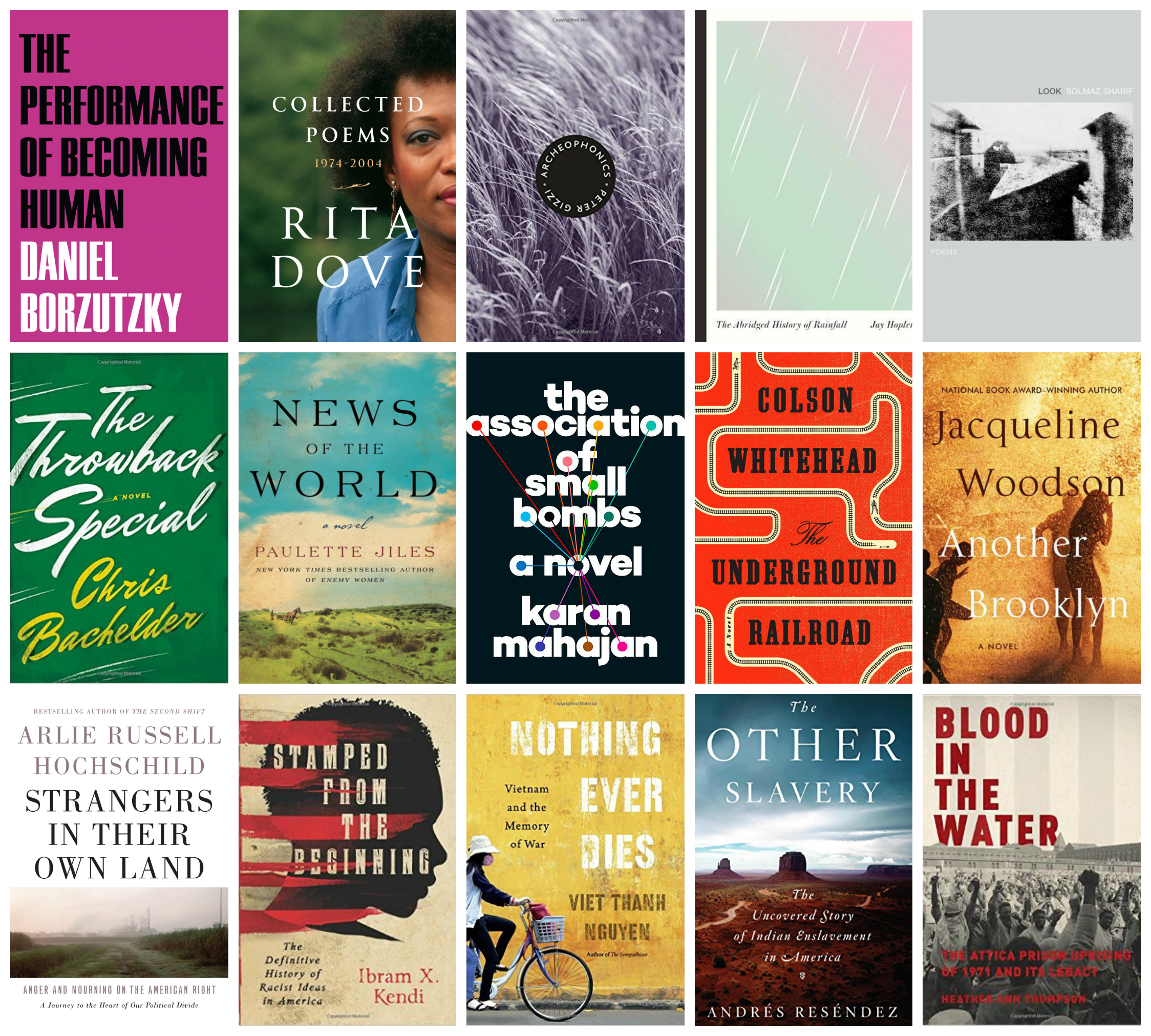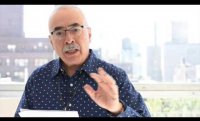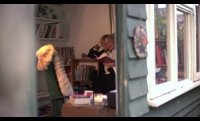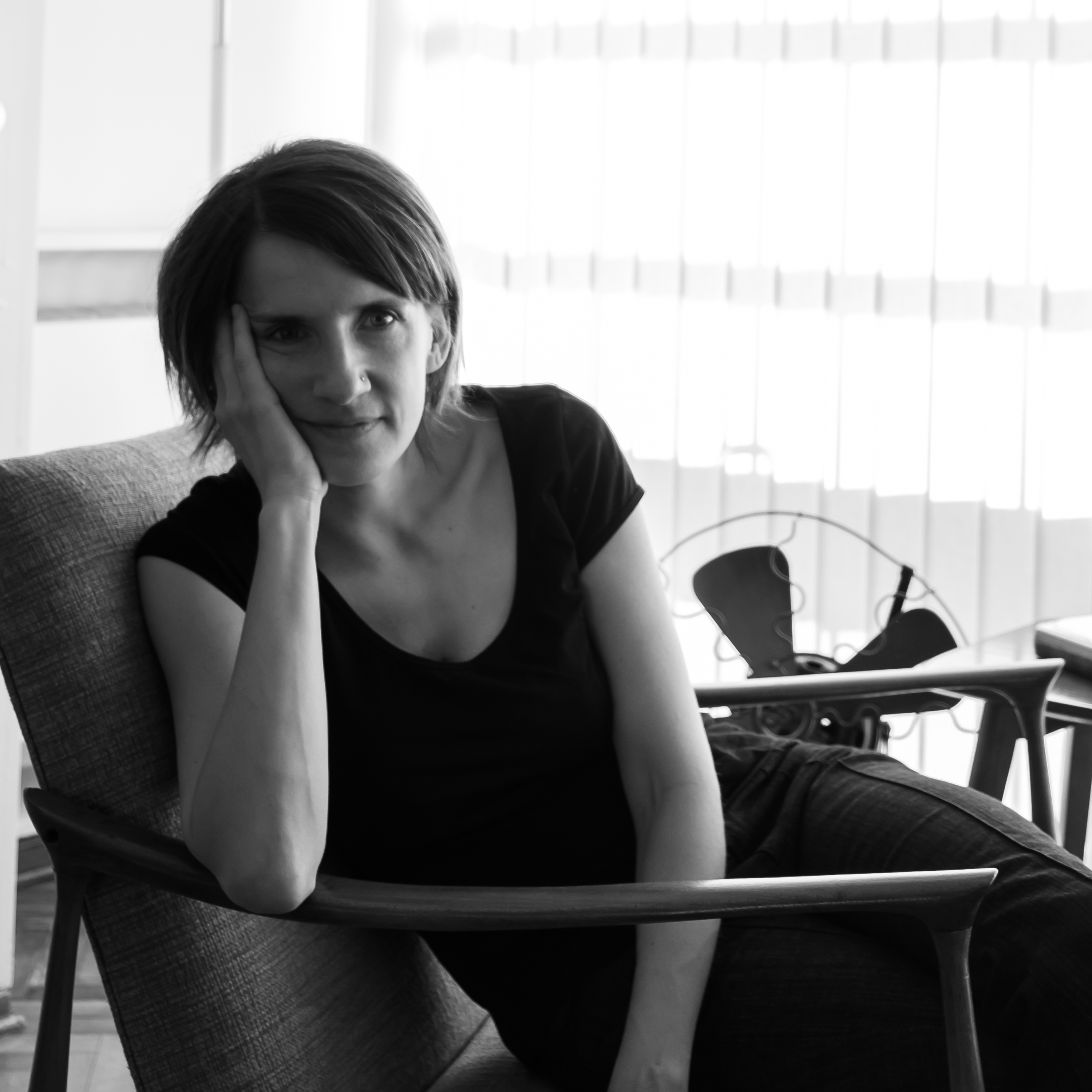Finalists for National Book Awards Announced
The National Book Foundation has announced the finalists for the 2016 National Book Awards. The annual prizes are given for books of poetry, fiction, creative nonfiction, and young people’s literature published in the previous year. The winners receive $10,000; each finalist receives $1,000. The winners will be announced on November 16 at an awards ceremony in New York City.

The finalists in poetry are:
Daniel Borzutzky, The Performance of Becoming Human (Brooklyn Arts Press)
Rita Dove, Collected Poems 1974–2004 (Norton)
Peter Gizzi, Archeophonics (Wesleyan University Press)
Jay Hopler, The Abridged History of Rainfall (McSweeney’s)
Solmaz Sharif, Look (Graywolf Press)
Mark Bibbins, Jericho Brown, Katie Ford, Joy Harjo, and Tree Swenson judged.
The finalists in fiction are:
Chris Bachelder, The Throwback Special (Norton)
Paulette Jiles, News of the World (William Morrow)
Karan Mahajan, The Association of Small Bombs (Viking)
Colson Whitehead, The Underground Railroad (Doubleday)
Jacqueline Woodson, Another Brooklyn (Amistad)
James English, Karen Joy Fowler, T. Geronimo Johnson, Julie Otsuka, and Jesmyn Ward judged.
The finalists in nonfiction are:
Arlie Russell Hochschild, Strangers in Their Own Land: Anger and Mourning on the American Right (The New Press)
Ibram X. Kendi, Stamped From the Beginning: The Definitive History of Racist Ideas in America (Nation Books)
Viet Thanh Nguyen, Nothing Ever Dies: Vietnam and the Memory of War (Harvard University Press)
Andrés Reséndez, The Other Slavery: The Uncovered Story of Indian Enslavement in America (Houghton Mifflin Harcourt)
Heather Ann Thompson, Blood in the Water: The Attica Prison Uprising of 1971 and Its Legacy (Pantheon Books)
Cynthia Barnett, Masha Gessen, Greg Grandin, and Ronald Rosbottom judged.
The longlists for the awards were announced in September. Established in 1950, the National Book Awards are among the literary world’s most prestigious prizes. The 2015 winners were Robin Coste Lewis in poetry for Voyage of the Sable Venus (Knopf), Adam Johnson in fiction for Fortune Smiles (Random House), and Ta-Nehisi Coates in nonfiction for Between the World and Me (Spiegel & Grau).










 We are very pleased to announce the Señal Tour, a set of bilingual readings and discussions with authors and translators from the Señal Series, featuring poets
We are very pleased to announce the Señal Tour, a set of bilingual readings and discussions with authors and translators from the Señal Series, featuring poets 